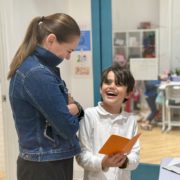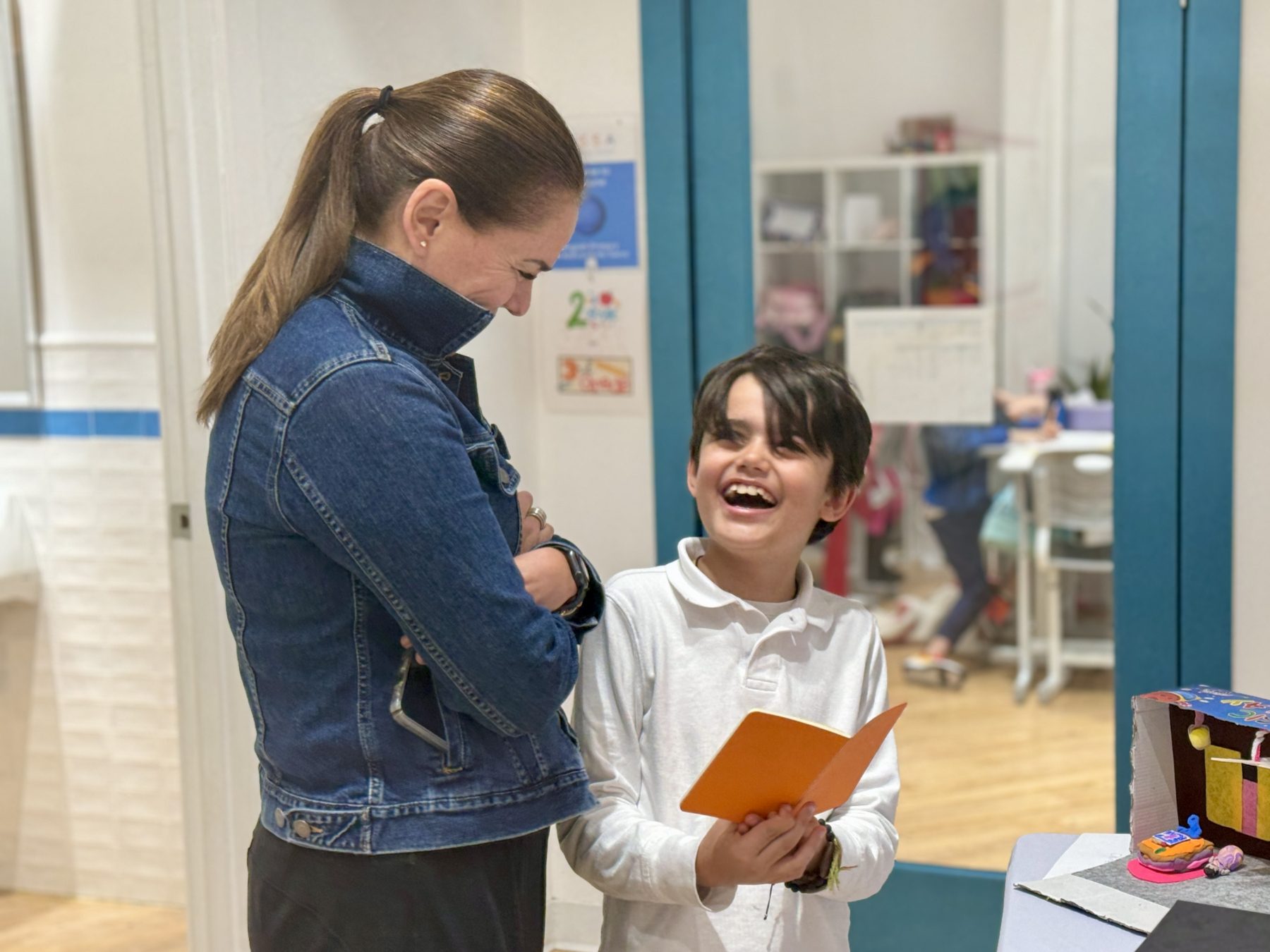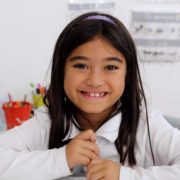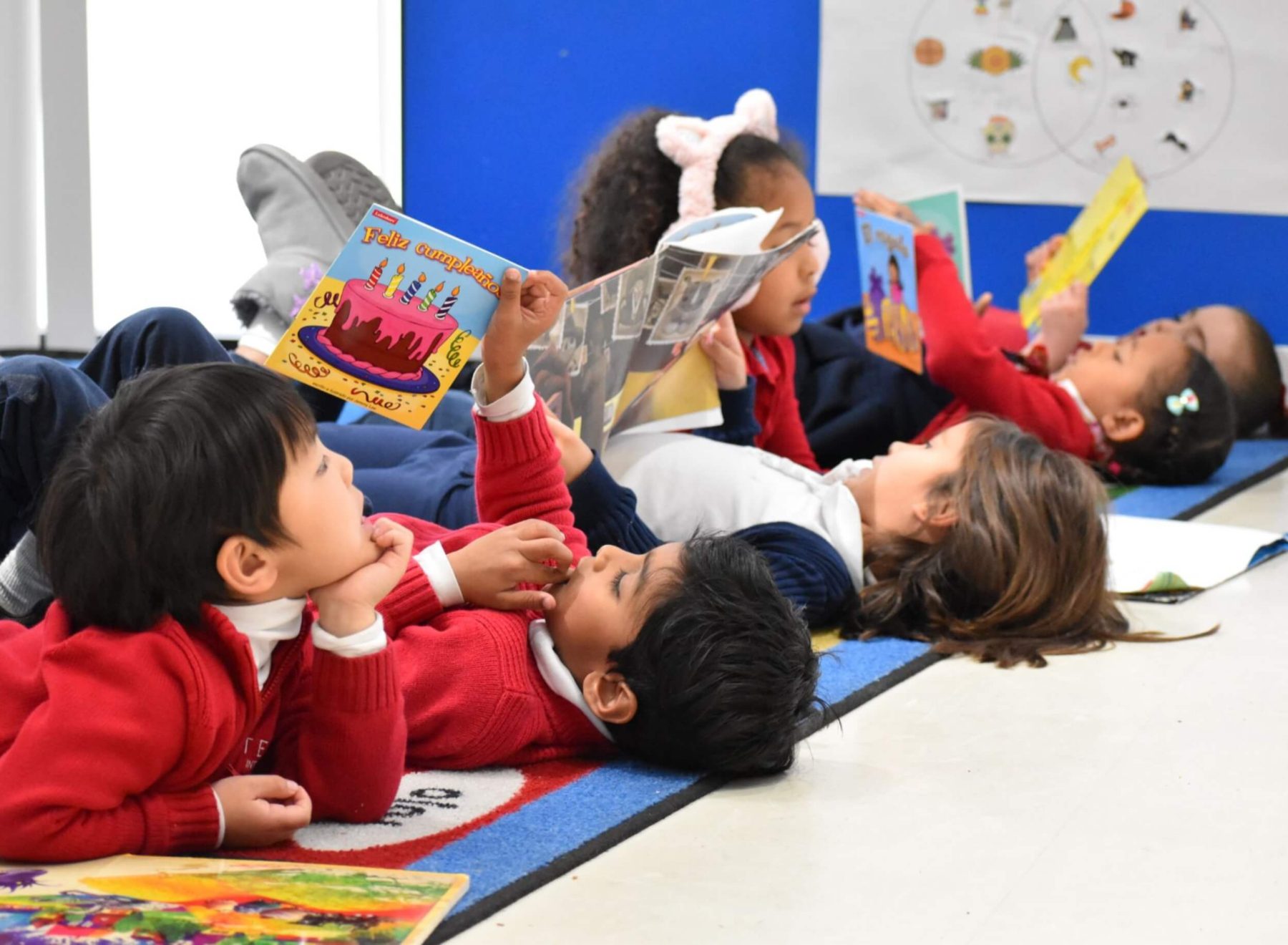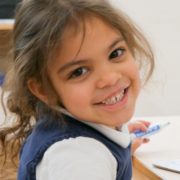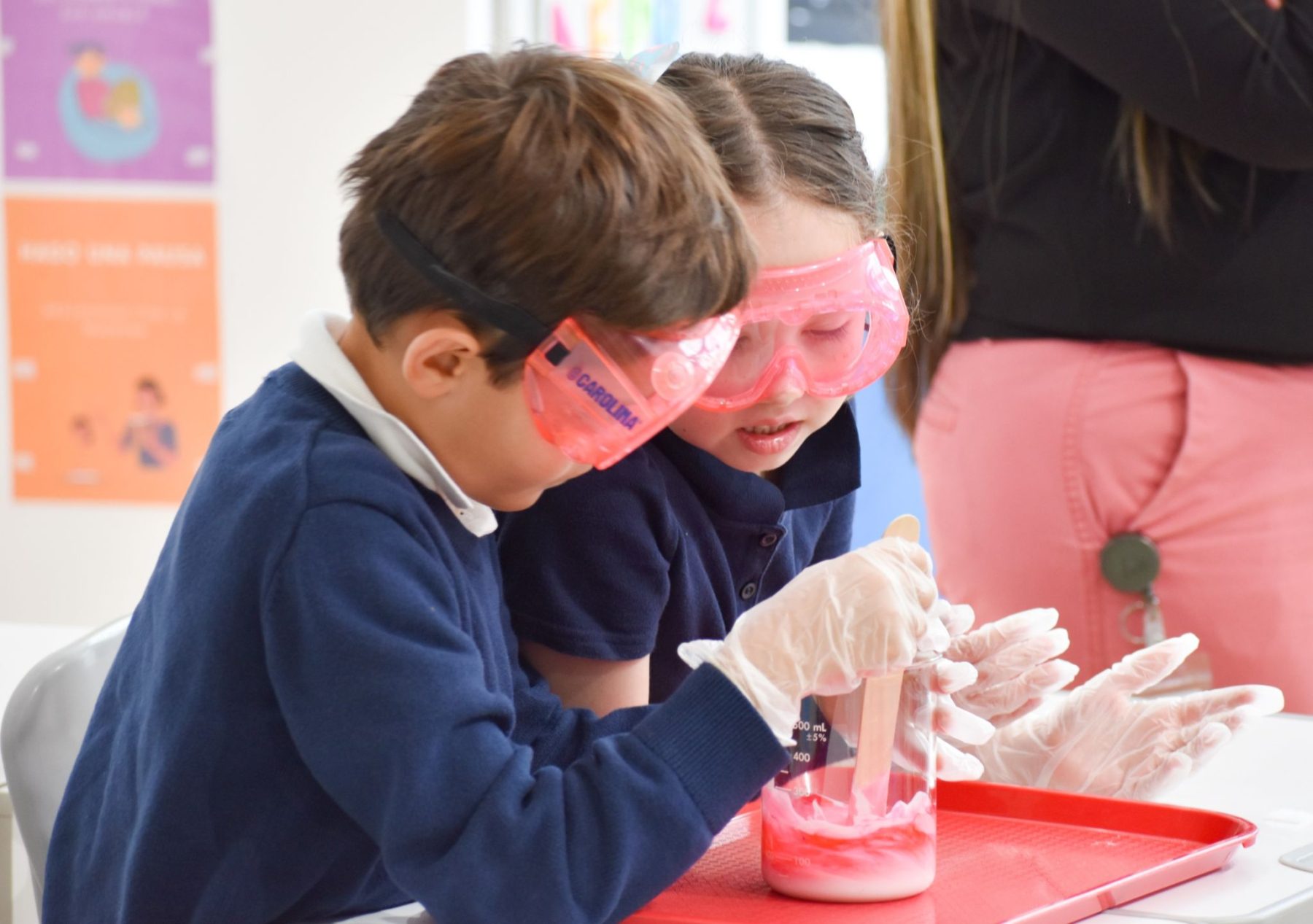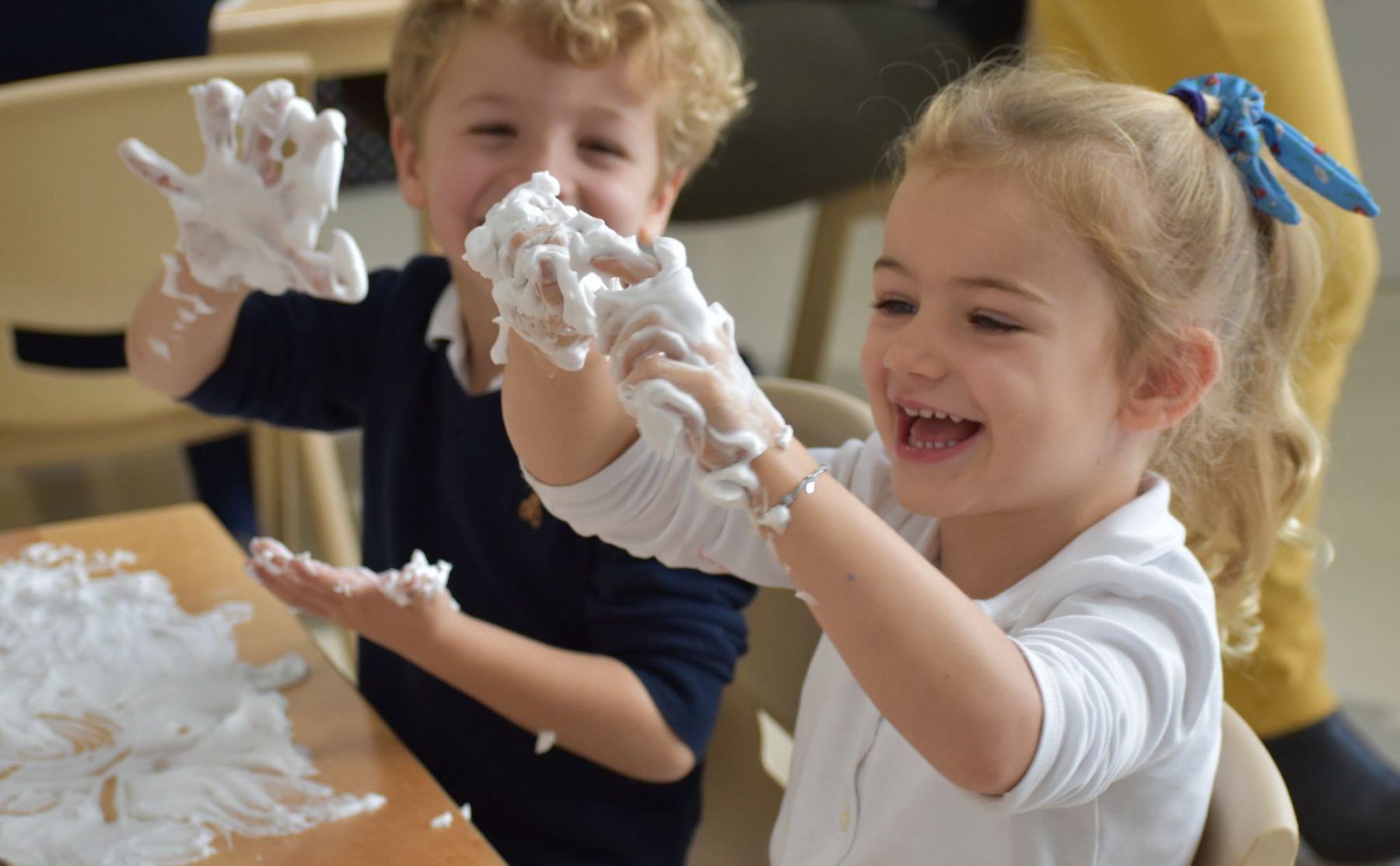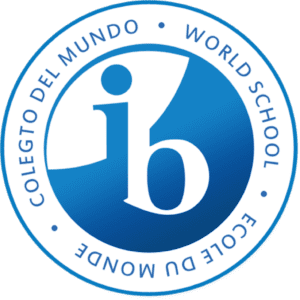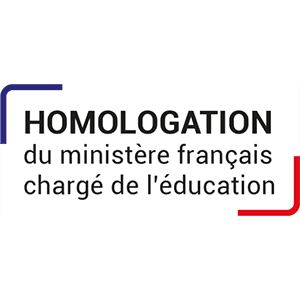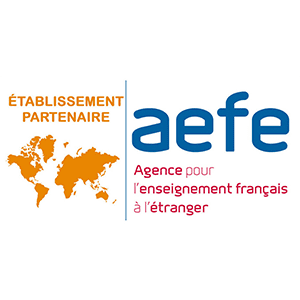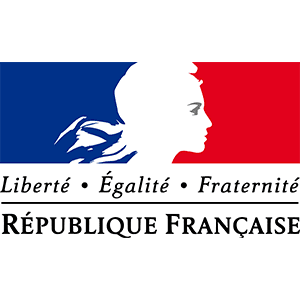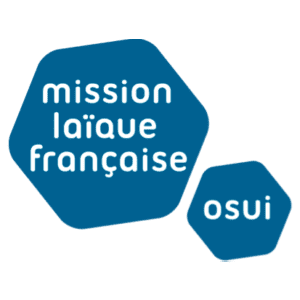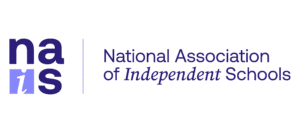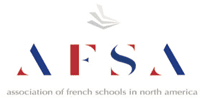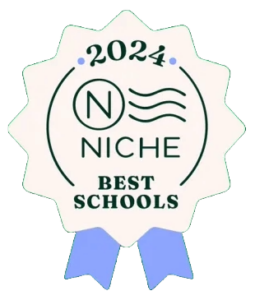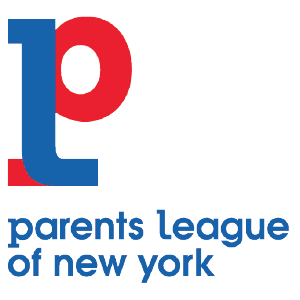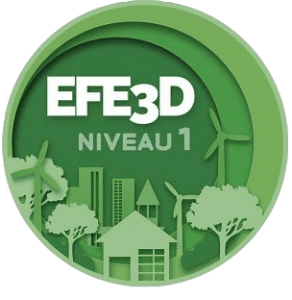Promoting Cultural Awareness at Tessa International School
A critical part of helping our students become caring and happy world citizens is guiding them to understand and respect different cultures. Compared to local schools which often reflect a more homogenous cultural environment, we, as an international school, immerse students in a naturally diverse community where they experience a wide variety of cultural perspectives daily. By prioritizing cultural awareness, we prevent children from believing generalizations or stereotypes associated with a particular race, gender, or ethnicity. Instead, an appreciation for their own and others’ cultural differences is promoted from early childhood.
“At Tessa, children are introduced to other languages and cultures in order to enhance their cultural awareness; they are bilingual and culturally adaptable.”
– The Mission Statement of Tessa International School.
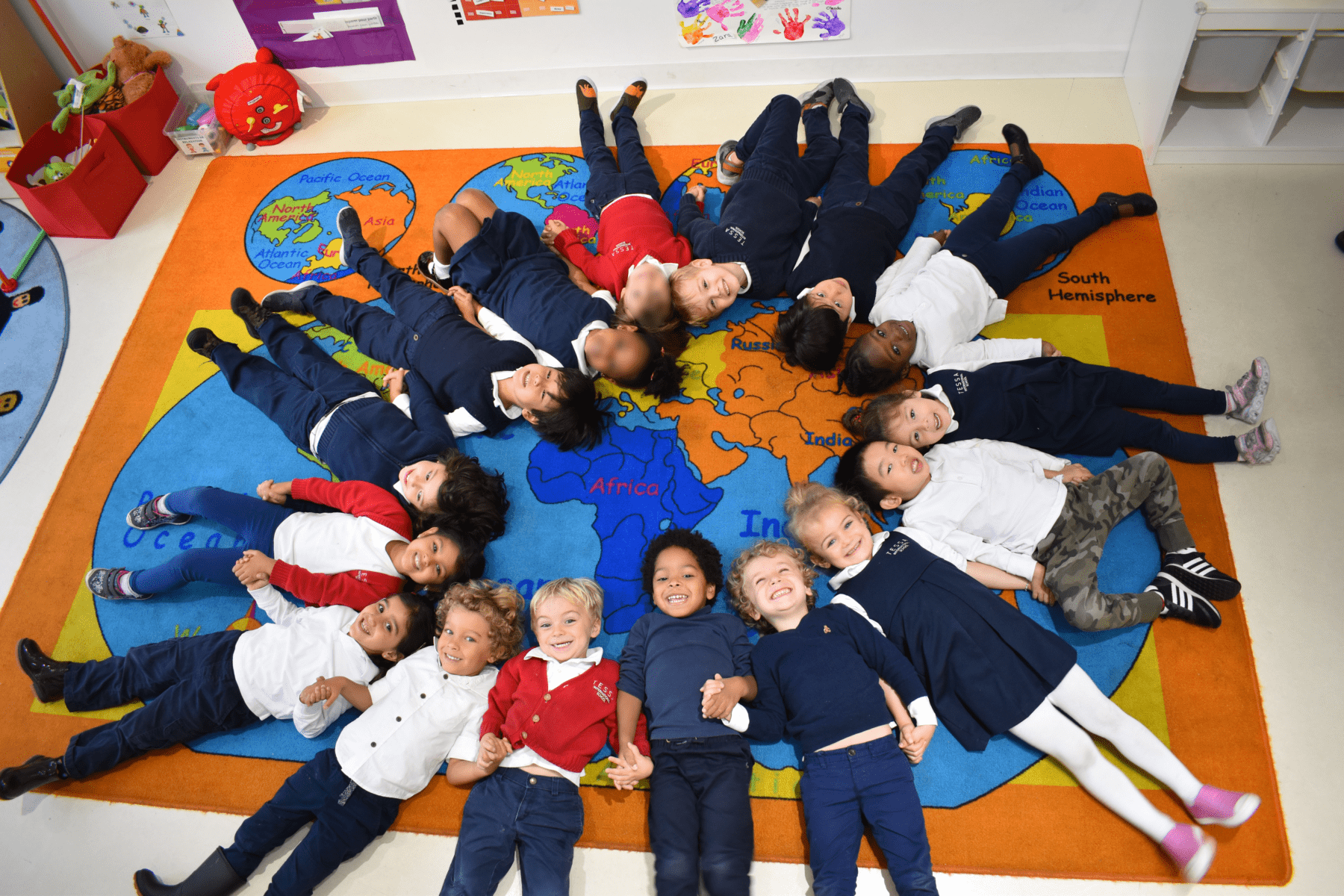
Cultural awareness is fundamental to providing a uplifting learning environment for all students.
A Multicultural Community
As of September, 2024, more than 60 different cultures are represented within our Tessa Community. This multicultural environment provides students with firsthand opportunities to experience diverse perspectives and practices. Children engage in collaborative projects with peers from various backgrounds, smoothly cultivating mutual respect and open-mindedness across national boundaries.
To ensure a multicultural education that is responsive to all students, our teachers are all highly credentialed native speakers of English, French, Mandarin or Spanish, who bring a wealth of expertise and experience in their respective fields, and cultural knowledge to their teaching. This ensures that our students receive the highest quality bilingual education. Together, we create a collaborative and supportive community that develops all members a profound sense of belonging and appreciation for the richness that diversity brings.

Our school community reflects a specturm of diversity and inclusion.
A School Life Full of Cultural Celebrations
Due to the international nature of our school community, cultural awareness thrives through our celebrations and festivals, which are significant components of our vibrant school life. These events are more than fun activities; they manifest emotions, traditions, and knowledge, all of which are essential to our students’ understanding of the global world.
Throughout the year, we celebrate events such as Hispanic Heritage Month, Lunar New Year, and Fête de la Musique – connected to our Spanish, Mandarin, and French bilingual programs for students to apply their targeted languages in real-life contexts – along with a range of other cultural traditions. These celebrations immerse our students in different cultures with interactive opportunities, whether enjoying traditional dishes, performing cultural dances, or directly communicating with guest speakers from specific cultures. Celebrations not only spark curiosity about different ideas, beliefs, and values but also inspire deeper cultural exchanges.
We always welcome parents to volunteer in organizing or/and supporting school events to share their cultural legacies across generations. By participating in and learning about traditions, students deepen their appreciation for how cultural diversity enriches our shared experiences.
You can check our upcoming school events here.
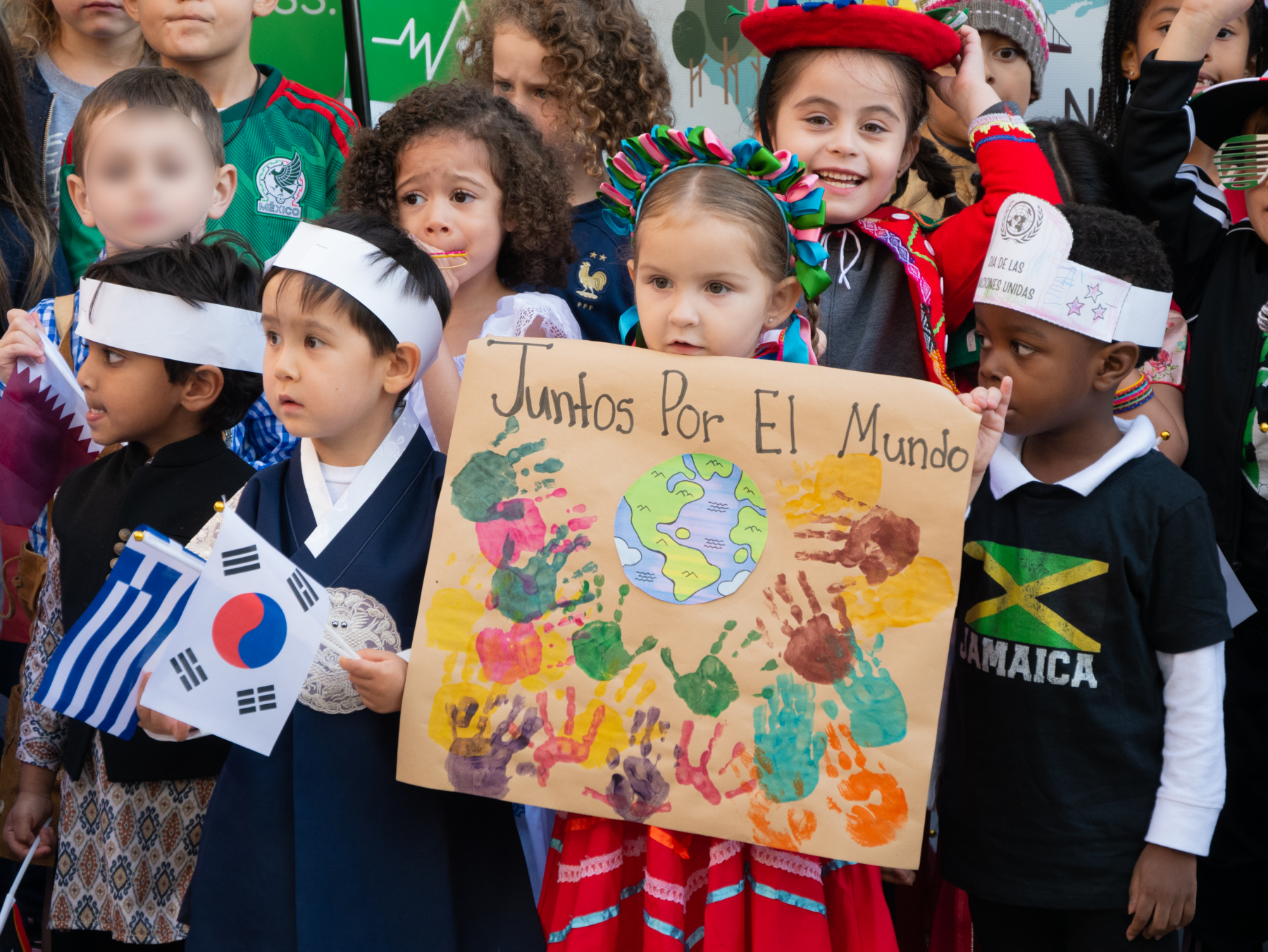
At Tessa, children are introduced to other languages and cultures to enhance their cultural awareness.
An Integrated International Curriculum
To provide students with both academic excellence and a global perspective, we offer an exceptional education based on international best practices. On a closer look, Tessa International School holds three premier global accreditations as a testament of our commitment to academic excellence:
- International Baccalaureate Primary Years Programme (IB PYP)
- French Ministry of Education for our Maternelle program (Preschool to Kindergarten)
- Cognia for our Preschool, Kindergarten, and Primary School Programs
Our globally recognized programs, with a focus on bilingualism, enable a seamless transition into other accredited institutions worldwide and a strong pathway towards higher education, facilitating their global mobility and fostering their continued success.
Multicultural understanding is a valuable asset for children, helping them build greater self-esteem and form successful personal and professional relationships in different settings. From our multicultural community full of dynamic celebrations to worldwide recognized international curriculum, we prepare students not only to achieve academic competence but also to engage with the world as open-minded, culturally aware citizens.
FAQs
Q: Why should we foster children’s cultural awareness?
Fostering cultural awareness in children helps them become more empathetic, adaptable, and open-minded individuals. In an increasingly interconnected world, it is vital for children to appreciate and respect differences. By developing an understanding of various cultures early on, they grow into adults who are better equipped to collaborate across cultural lines, reducing prejudices, gaining global competency, and creating a more inclusive world.
Q: How does Tessa International School promote students’ cultural awareness?
At Tessa International School, fostering cultural awareness is inherent in both our curriculum and daily school life. Accredited by the IBO and the French Ministry of Education, we integrate international best practices into our bilingual curriculum to ensure a globally recognized, high-quality education. This approach equips students with a broad perspective, helping them develop an understanding of different cultures while gaining academic excellence. Additionally, our community represents over 60 different cultures, allowing students to engage with peers from around the world and learn about different perspectives firsthand. A wide variety of cultural festivals and holidays are honored and celebrated, offering students a rich tapestry of global traditions, stories, and customs that enhance their appreciation for diversity.
Q: What role do parents play in promoting cultural awareness?
A: Parents play a crucial role in fostering children’s cultural awareness as the primary role models who demonstrate open-mindedness and respect for diversity. By engaging in discussions about different traditions, values, and perspectives at home, parents can help children see the world through a broader lens. At Tessa International School, we encourage parents to actively participate in our cultural celebrations and festivals to show parental engagement in students’ learning journey and help us create an inclusive community. Moreover, supporting bilingual education also fuels children’s understanding of diverse cultures, making them more cultural aware and knowledgeable citizens.
Are you ready to explore the only international leading private school in Hoboken?
Contact Tessa International School to learn more!



